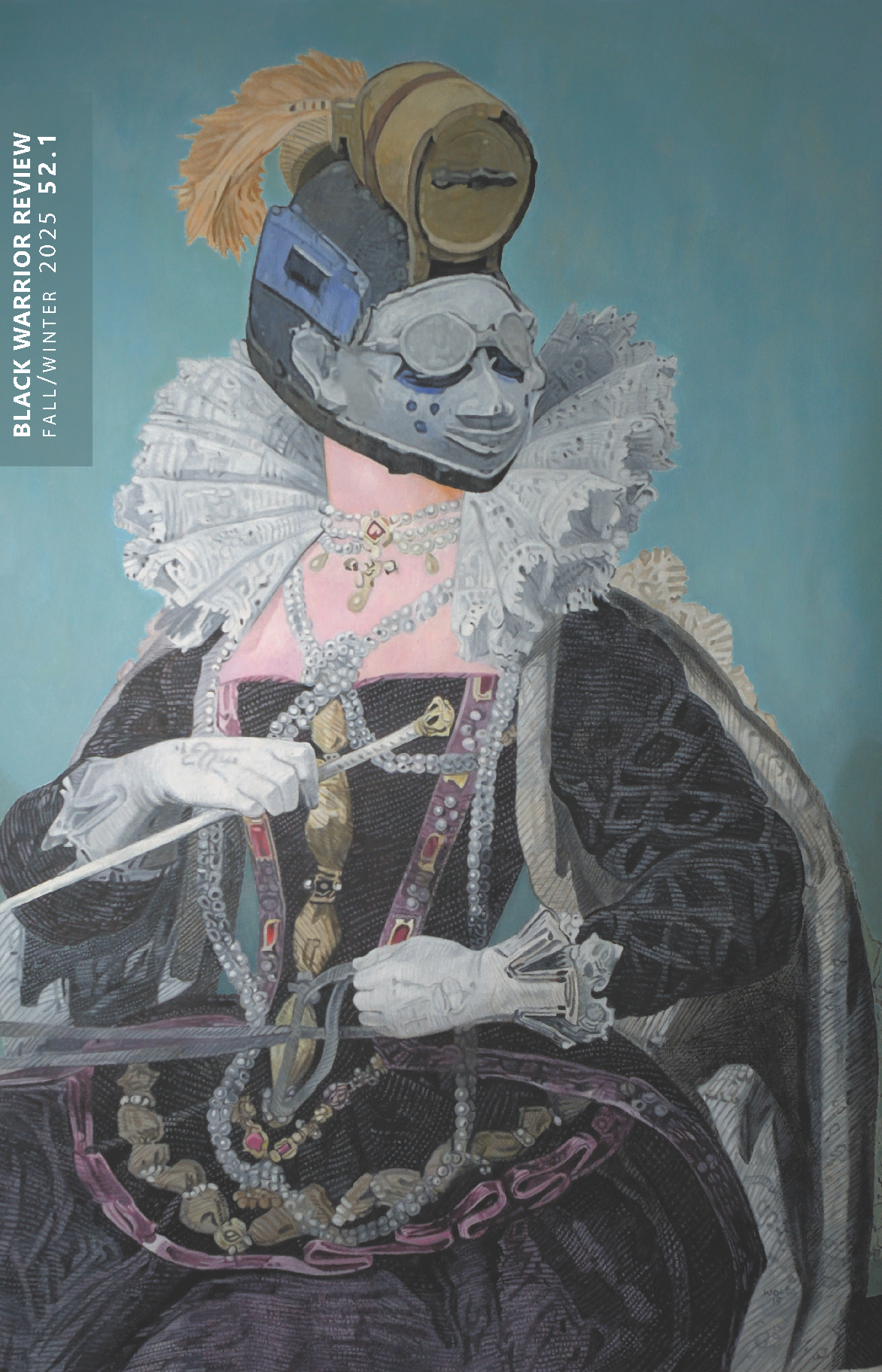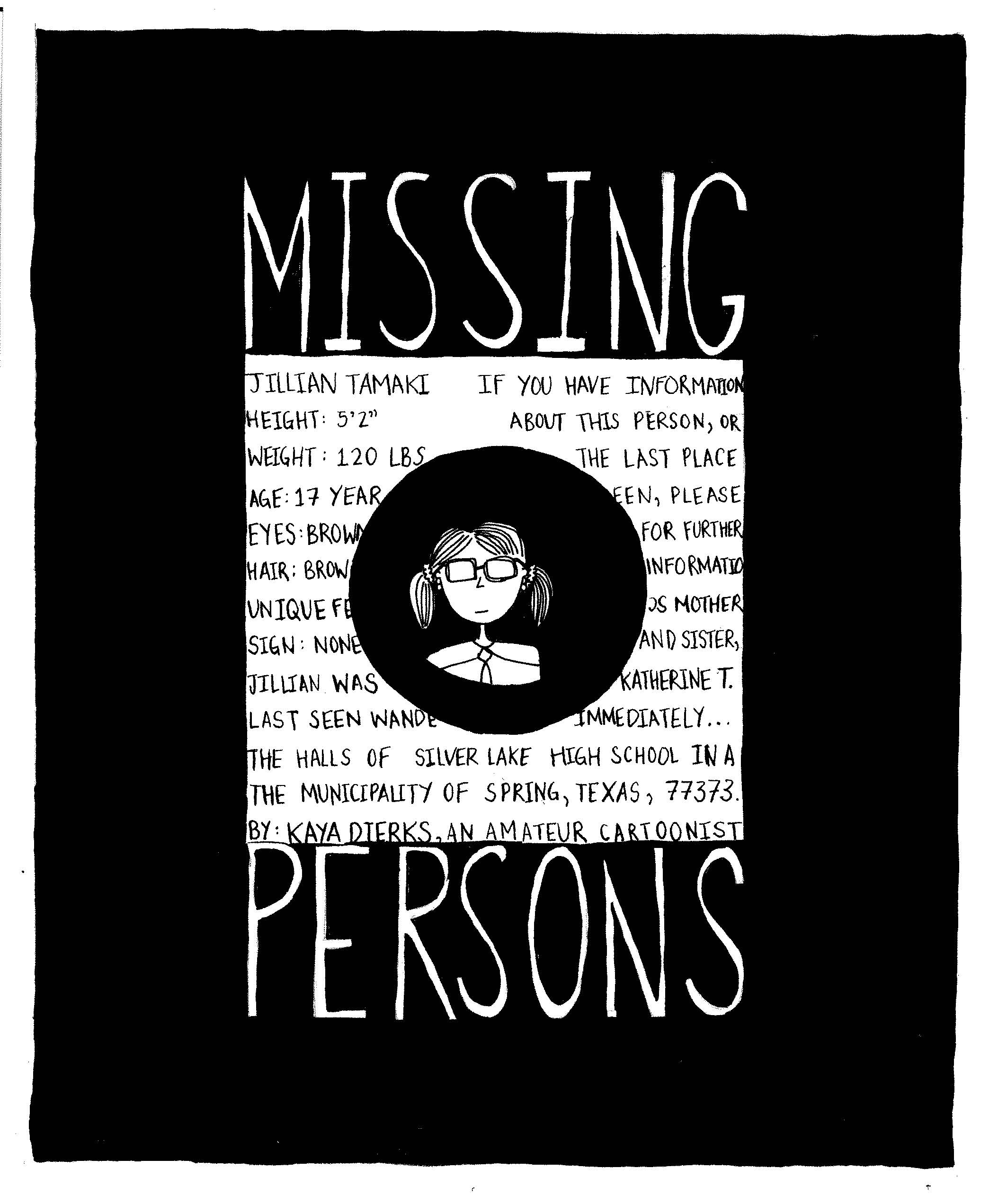
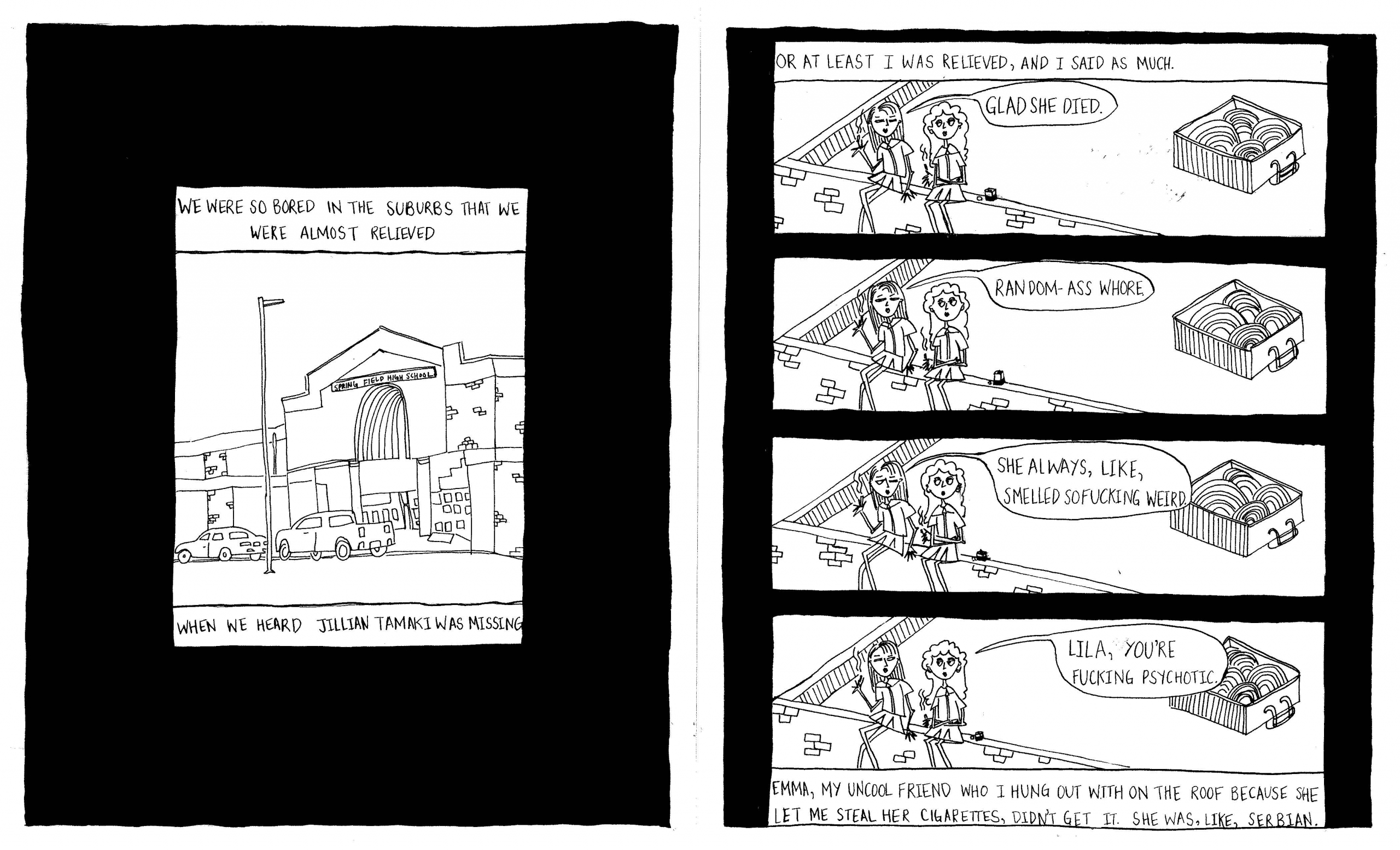
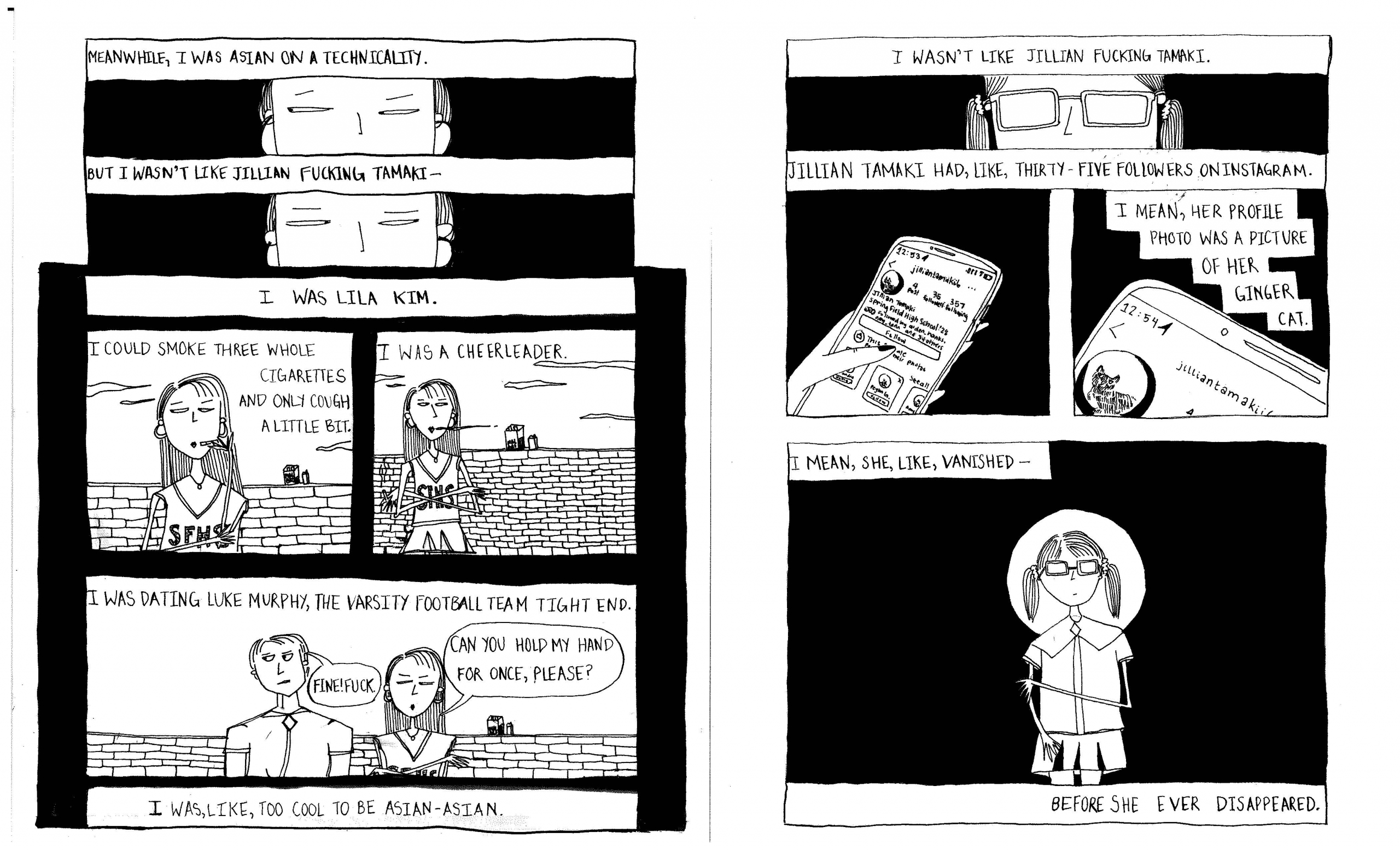
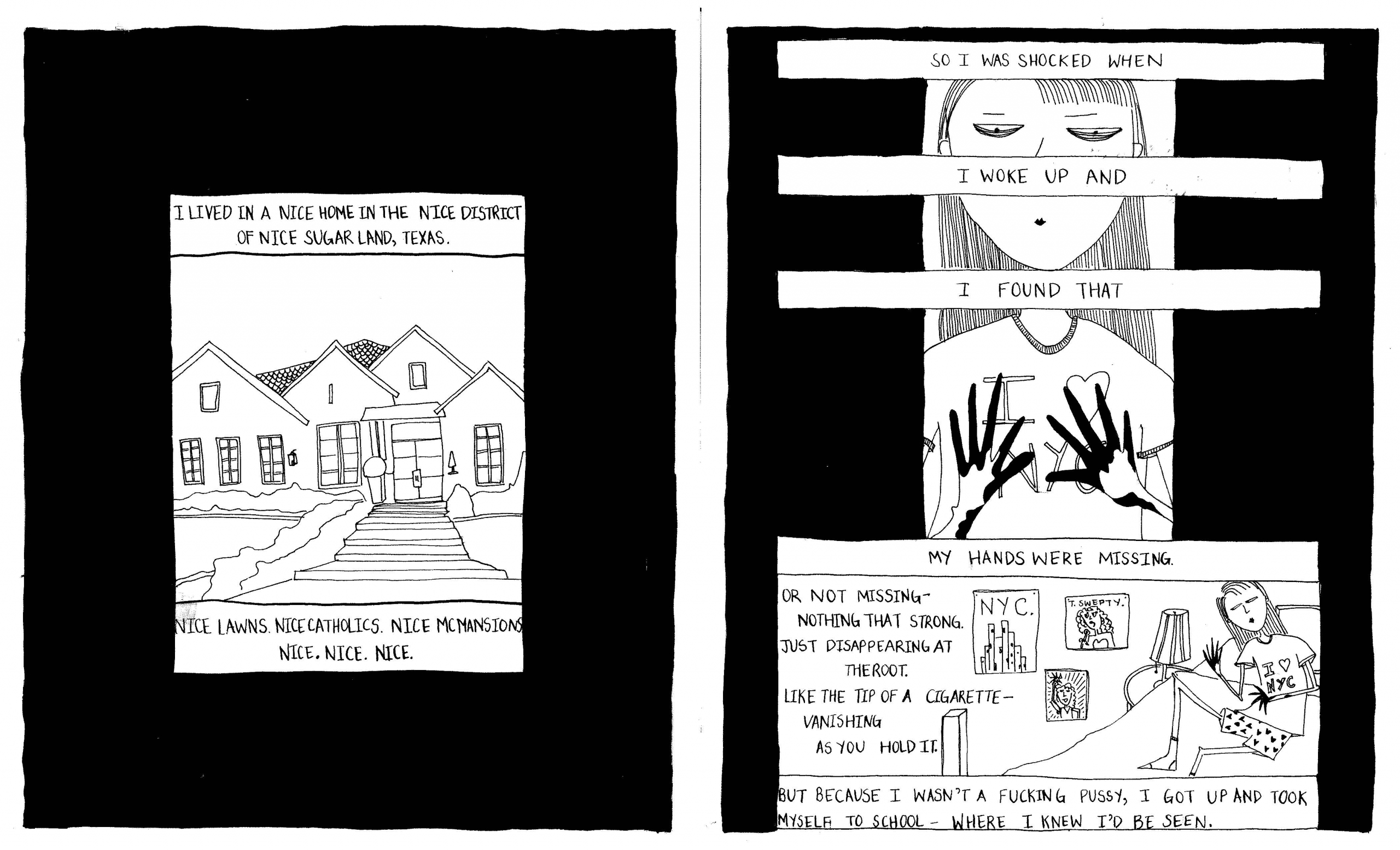
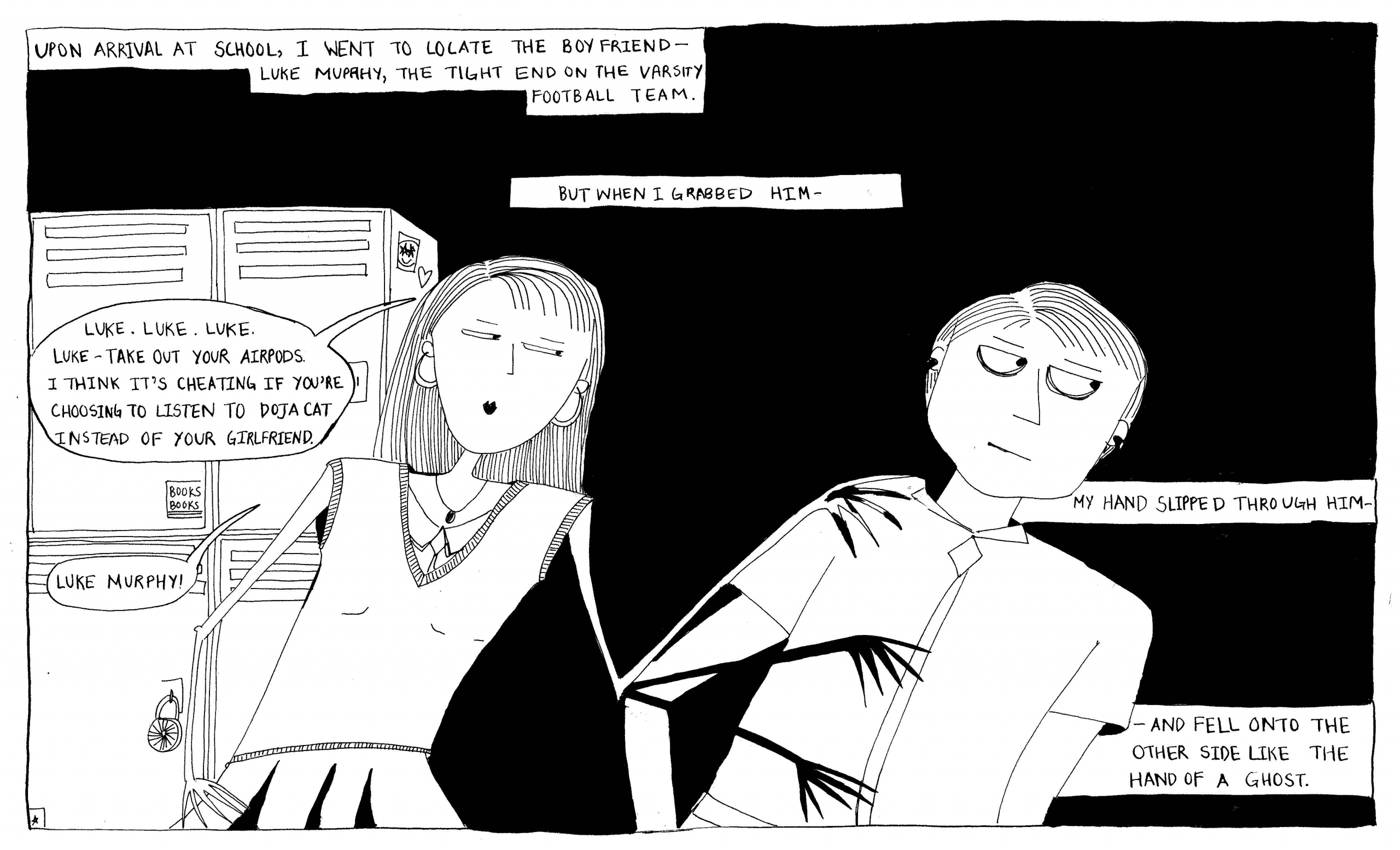
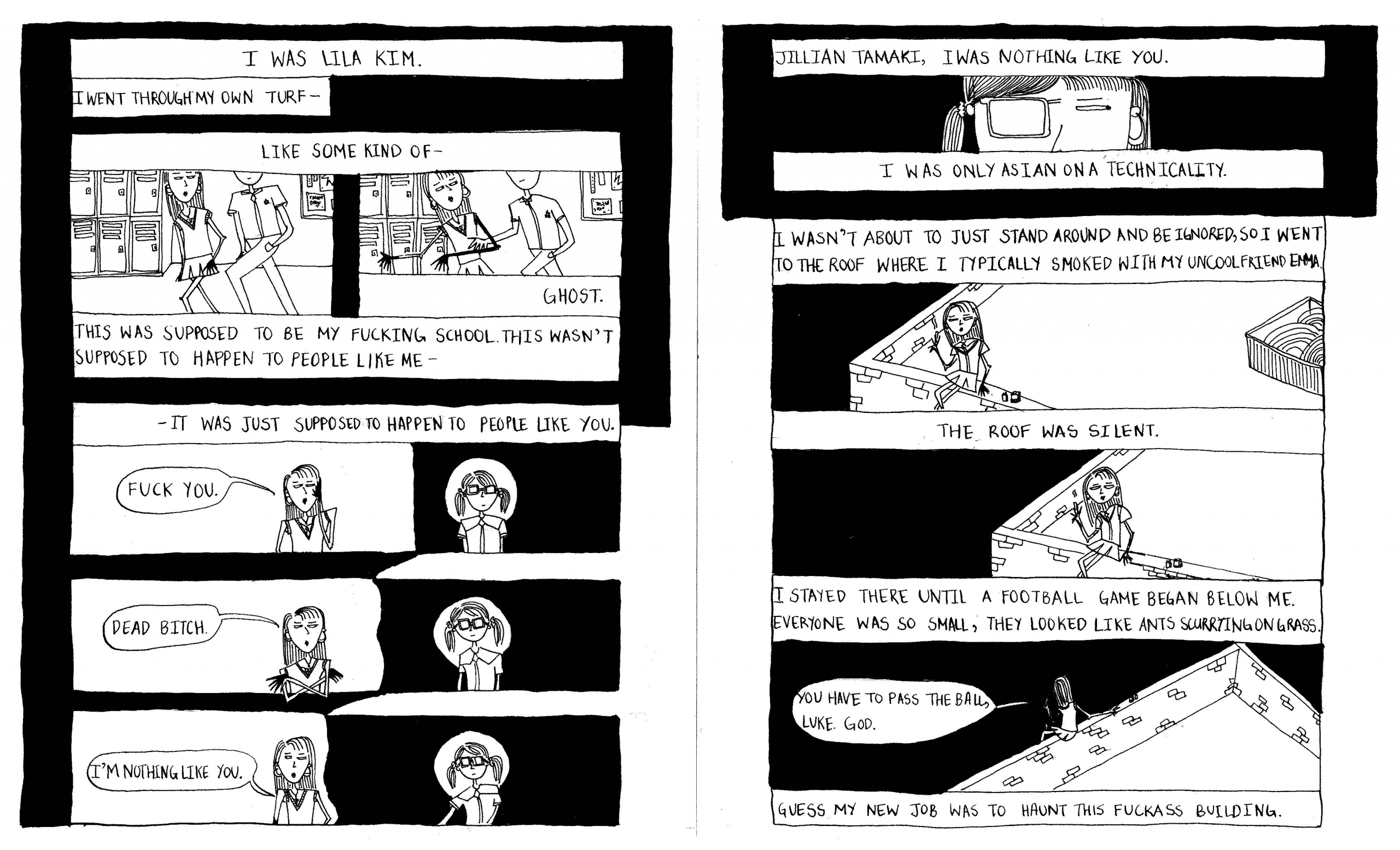
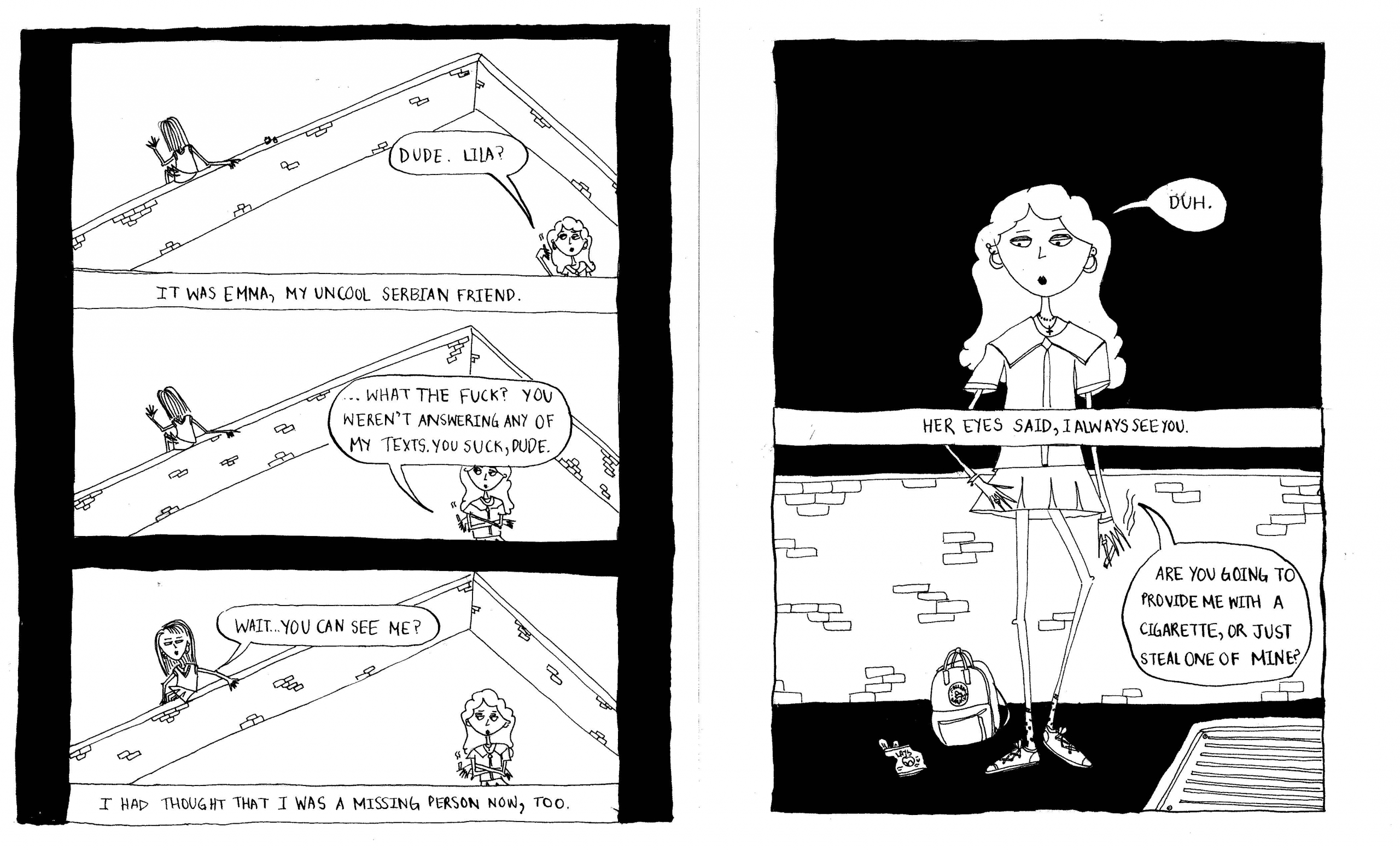
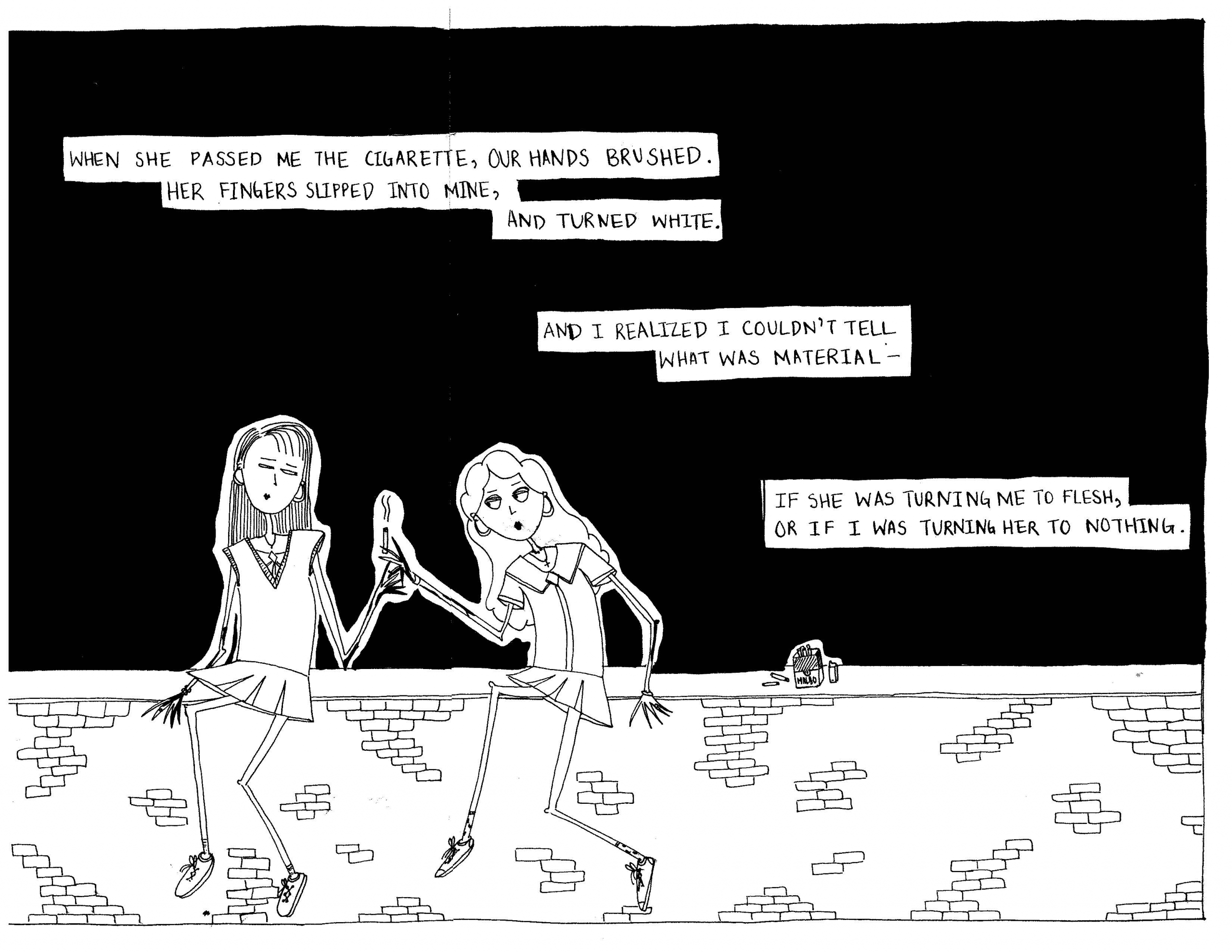
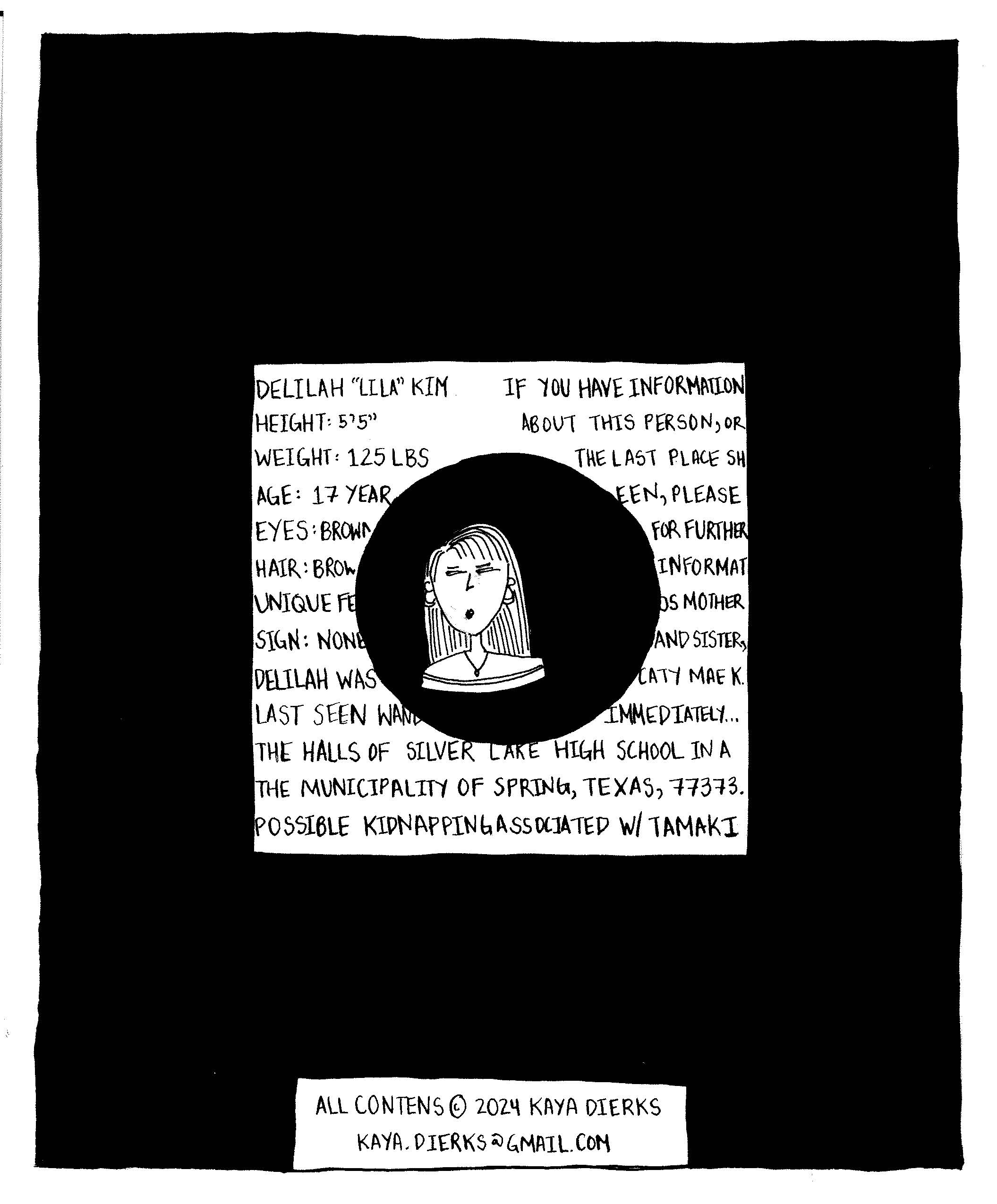
Kaya Dierks is a mixed-race writer from California. Her fiction appears in The Adroit Journal, Smokelong Quarterly, Fractured Lit, and GASHER Journal, and was selected for the Wigleaf Top 50 Longlist. She was a finalist for the 2023 Anthony Veasna So Scholars Program in Fiction. Currently, she is an undergraduate at Yale University.
